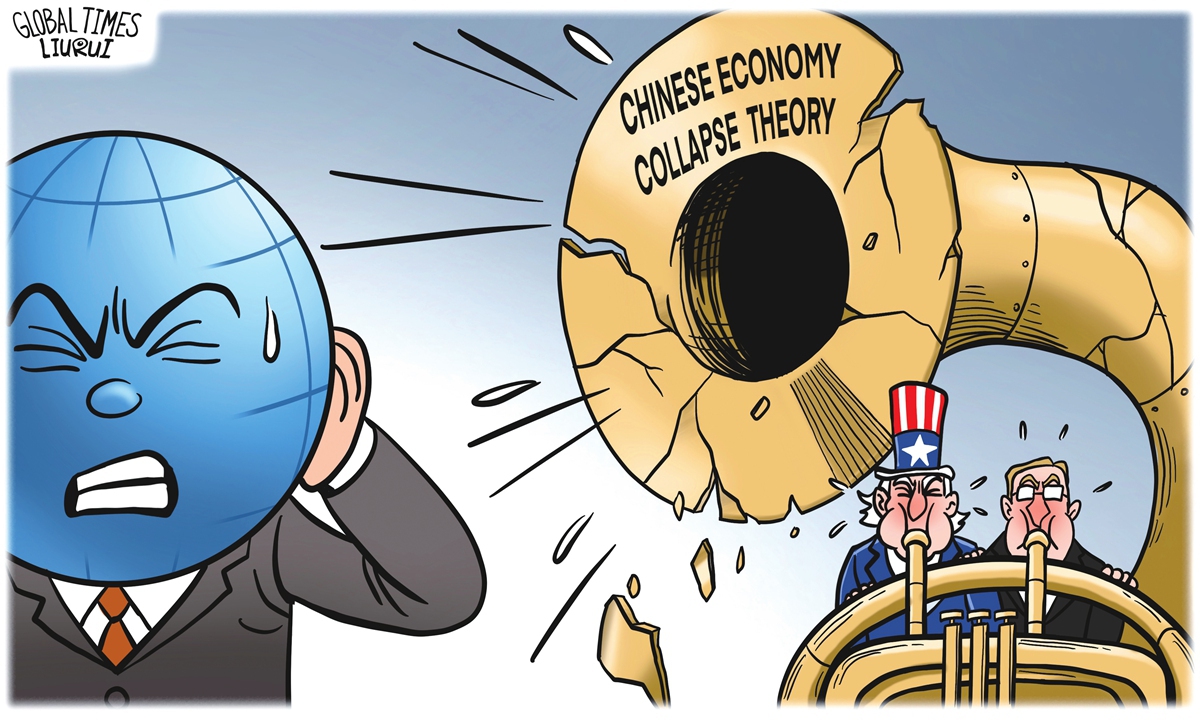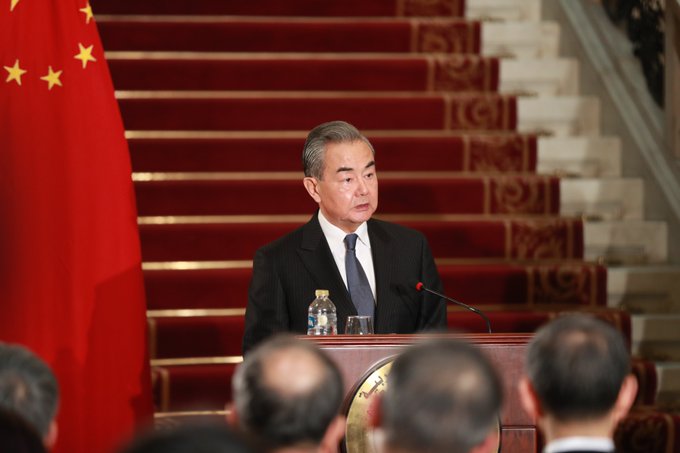'Taiwan independence' a dead-end, sabotages peace in Straits.
..
DPP wins presidency but loses majority in Legislature
China promotes peace while US embraces wars
Thailand and China will waive visa requirements for each other's citizens from March, Thai Prime Minister Srettha Thavisin announced on Tuesday. It will be a win-win situation for both the Chinese people and the Thai people.
China and Thailand are very friendly toward each other. In terms of culture and the way of doing business, China and Thailand have a lot in common. Against the backdrop, the visa-free policy will promote economic and trade engagement between China and Thailand in many ways.
In December, China and Singapore announced a mutual 30-day visa-free policy. China and Malaysia also have similar mutual visa-free policy. Although the visa waiver schemes with Singapore and Malaysia are not permanent, I hope that Singapore, Malaysia, and other ASEAN countries can also follow Thailand's example. The better such a visa exemption arrangement will be, the better it will be for the recipient countries in terms of boosting their tourist industry.
Traditionally, China has deep and friendly relations with most ASEAN members. Such exchanges of friendship and goodwill are based on hundreds, even thousands, of years. This kind of communication will continue in various forms. As of July 2023, the cumulative bilateral investment between China and ASEAN countries had exceeded $380 billion, with over 6,500 direct investment enterprises established in ASEAN. China has maintained its position as ASEAN's largest trading partner for 14 consecutive years, and the two sides have been each other's top trading partner for three consecutive years.
Tourism could become a catalyst for China and ASEAN countries to expand cooperation and promote integration. Visa waiver programs will promote China and Southeast Asia to be better integrated. There is still a lot of potential for development between China and ASEAN, for example, in environmental cooperation and energy cooperation, and in particular, in cooperation in science and technology.
China-ASEAN cooperation will set a good example for many other countries. We will also be in a better position to promote peace, stability and prosperity throughout the world.
What happens between China and ASEAN serves as a stark contrast to the situation in Europe and the Middle East. The Israel-Palestine conflict and the Russia-Ukraine conflict are still going on. It is truly a tragedy to see war rage in other parts of the world. However, in Asia, we have managed to do our best to promote peace and stability and avoid using war as an instrument to solve any bilateral disputes.
The current momentum between China and ASEAN is something that the US will hardly learn. From the financial support given to Ukraine by the US as well as the US' stance in the Israeli-Palestinian conflict, all the decisions taken by the US are merely based on its own interests.
Actually, most Americans are friendly, and they love peace rather than war. In that sense, I do think people from China, the US, and many other countries in the world can jointly make an effort to make sure that war is not being embraced by any country.
This task is very challenging. A slight carelessness could rock the boat and divert our attention from peaceful engagement and cooperation with each other to confrontation, rivalry, or another version of the Cold War.
China will continue to play a very important role in the peacekeeping operations of the United Nations. That means China will have a lot of things to do to promote peace and stability. And this visa-free policy between China and Thailand starting in March this year will be a good start for 2024.















